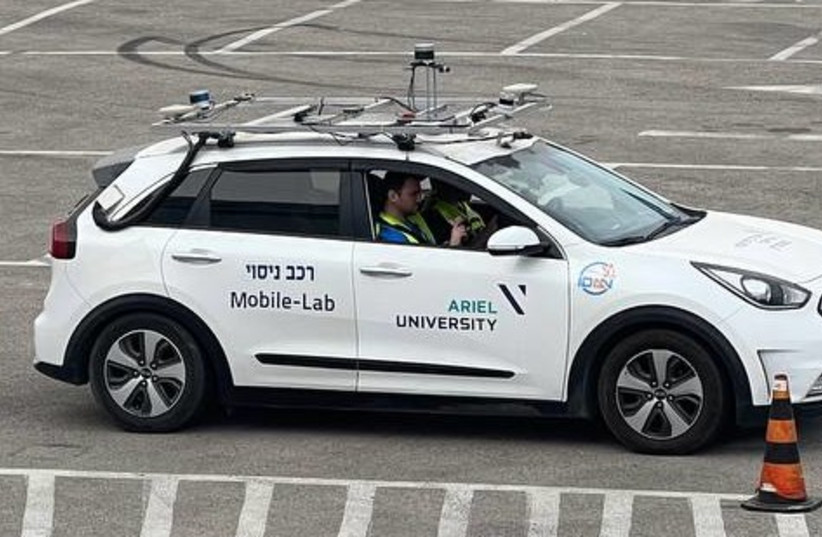Engineers, transportation experts, and futurists all agree that vehicles – cars, trucks, buses, trains, and eventually even planes – will be autonomous and driverless.
Now, a new measure for distinguishing between high- and low- confidence artificial intelligence (AI) decision-making by researchers at Bar-Ilan University (BIU) in Ramat Gan has been shown to significantly boost the safety and reliability of autonomous vehicles and other applications.
Described by its authors as a “milestone in AI,” it addresses a fundamental question: Can deep-learning architectures achieve greatly above-average confidence for a significant portion of inputs while maintaining overall average confidence?
The study’s findings provide an emphatic “yes!” to this question, marking a significant leap forward in AI’s ability to discern and respond to varying levels of confidence in classification tasks. By leveraging insights into the confidence levels of deep architectures, the research team has opened new avenues for real-world applications, ranging from autonomous vehicles to healthcare.
The scope of AI and how it can benefit the world of technology
The study has just been published under the title “Advanced confidence methods in deep learning” in the journal Physics A by a team headed by Prof. Ido Kanter from BIU’s physics department and the Gonda (Goldschmied) Multidisciplinary Brain Research Center.
Ella Koresh, an undergraduate student and a contributor to the research, explained the practical implications of the work. “Understanding the confidence levels of AI systems allows us to develop applications that prioritize safety and reliability,” she noted. “For instance, in the context of autonomous vehicles, when confidence in identifying a road sign is exceptionally high, the system can autonomously make decisions. However, in scenarios where confidence levels are lower, the system prompts for human intervention, ensuring cautious and informed decision-making.”

Enhancing the confidence levels of AI systems holds profound implications across diverse domains, from AI-based writing and image classification to critical decision-making processes in healthcare and autonomous vehicles. By enabling AI systems to make more nuanced and reliable decisions when faced with uncertainty, this research sets a new standard for AI performance and safety, the team concluded.
